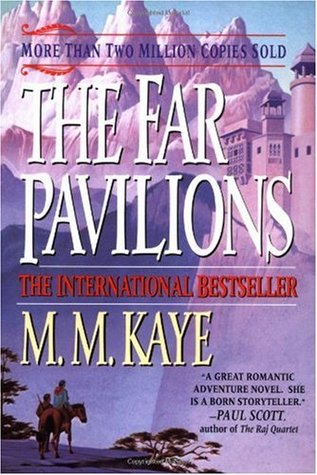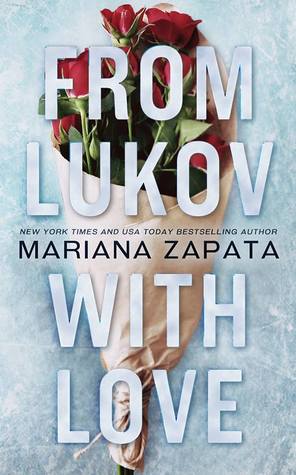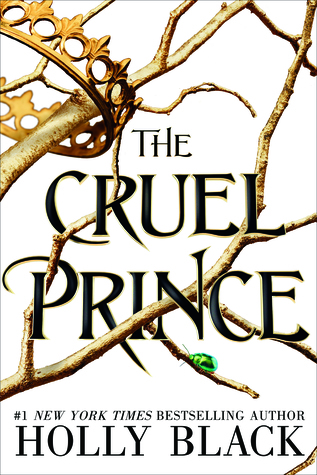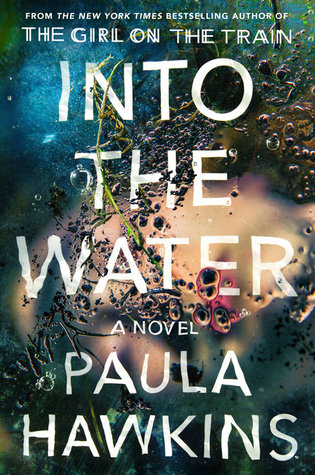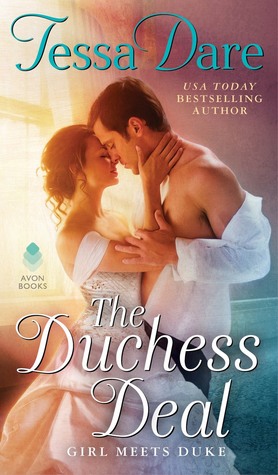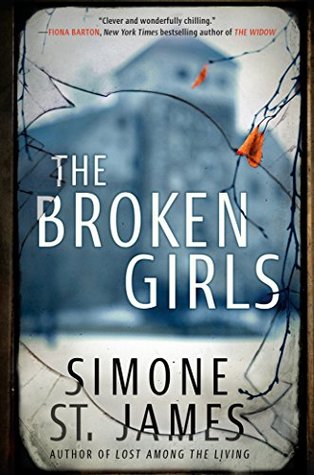 The Broken Girls was my February Book of the Month pick. Part suspense and part thriller and part ghost story, it was intriguing from the start, following a disappearance, a murder, and a creepy boarding school for unwanted girls in two different time periods.
The Broken Girls was my February Book of the Month pick. Part suspense and part thriller and part ghost story, it was intriguing from the start, following a disappearance, a murder, and a creepy boarding school for unwanted girls in two different time periods.In the 1950s, four teenage girls share a room at Idlewild, a school for delinquent, disturbed, and just plain unwanted girls. Katie, CeCe, Roberta, and Sonia all have different backgrounds and different reasons for being at Idlewild, but their shared experience there bonds them and they help each other through the troubles that Idlewild presents, including the specter of Mary Hand who haunts the school and terrorizes its occupants. In 2014, Fiona is a journalist living in the wake of the murder of her older sister 20 years before. While visiting the abandoned Idlewild campus, where her sister's body was discovered, she finds out that someone is planning on renovating and reopening the school--plans that go along fine until a body of a former student, missing for decades, appears in a well on the grounds. Fiona starts digging into the girl and what happened to her, and find some dark secrets lurking in the town and in the past as she does.
This was a properly creepy book. It's a ghost story, a true one, and while we know all along that the ghost is called "Mary Hand," she's just unknown and distant enough to be truly scary. After all, the monsters that are the most frightening are the ones we never actually see. For the less supernatural parts of the story, Sonia's disappearance (because you can figure out pretty quickly that it's Sonia, and so does everyone else) is fraught with horrors of its own variety, the kind that are tied to Nazi death camps, though the strengths of the girls' friendships brings hope--until it doesn't.
As for Fiona and her story line, I really liked it. She's a reporter who mostly writes fluff pieces but wants to do more, and has the pedigree for it, and takes her chance--both to write a "hard" story and to investigate fuzzy parts regarding her sister's murder--when she gets it. She doesn't do anything stupid (like charging into dangerous situations) and when trouble finds her, she does her best to deal with it. I also liked her relationship with Jamie; while they have their issues and the cop/reporter divide is a strong one, they work together and work things out, and I liked how it all unfolded.
Overall, I really enjoyed this. It is creepy and thrilling all at once, and I was very pleased with it. The last book I read with a creepy vibe like this was The Night Sister, but that one kind of lost it at the end when the monster became too real on the page. This one definitely did a better job, and while I think the resolution with Mary Hand was a bit too neat, the rest of it I really, really liked.
4 stars out of 5.


